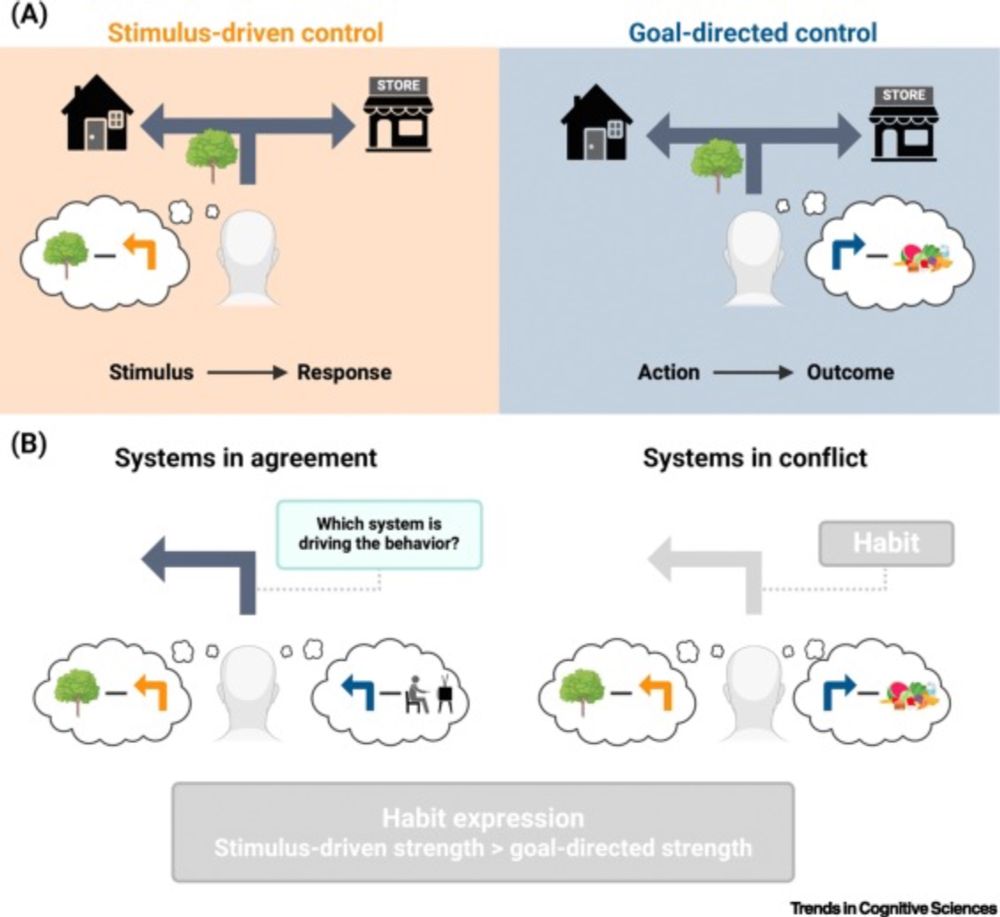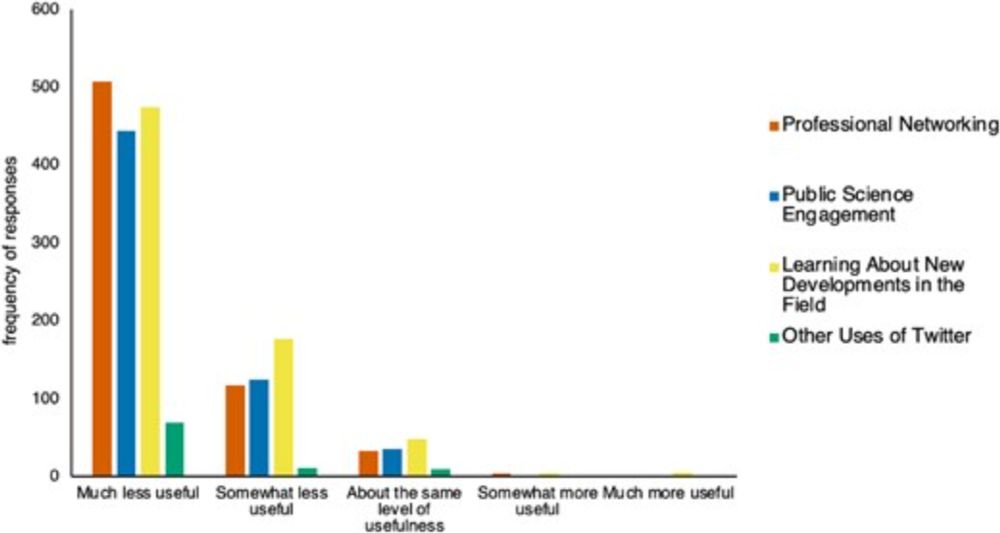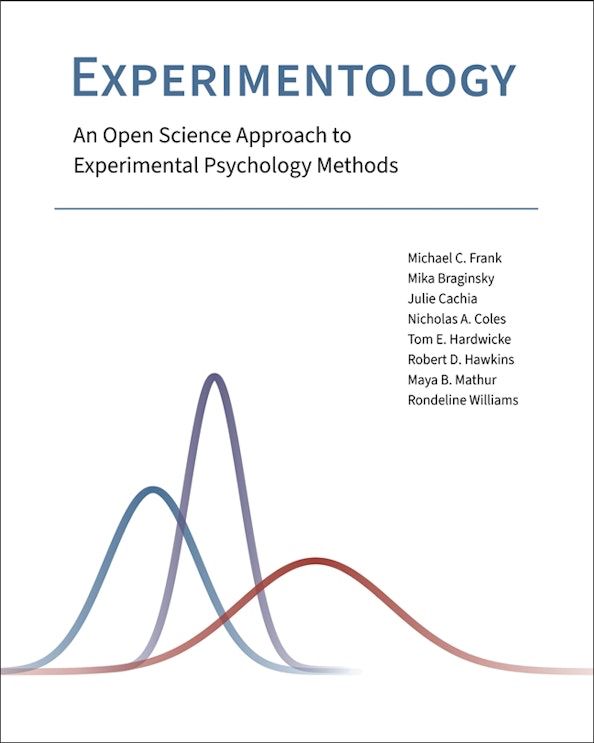Parnian Rafei
@parnianrafei.bsky.social
77 followers
130 following
12 posts
Psychology PhD student & researcher at Trinity College Dublin www.gillanlab.com 🧠 🇮🇪 | @UnivofTehran Clinical psychology alumnus 🇮🇷 | An ultimate foodie researching cognitive underpinnings of habitual behaviours and addiction 🧠 💊 💉 🚬
Posts
Media
Videos
Starter Packs
Pinned
Reposted by Parnian Rafei
Reposted by Parnian Rafei
Parnian Rafei
@parnianrafei.bsky.social
· Aug 22
Reposted by Parnian Rafei
Claire Gillan
@clairegillan.bsky.social
· Jul 28
Reposted by Parnian Rafei
Kelly Donegan
@kellydonegan.bsky.social
· Jul 28

Leveraging cognitive neuroscience for making and breaking real-world habits
Habits are the behavioral output of two brain systems. A stimulus–response (S–R) system
that encourages us to efficiently repeat well-practiced actions in familiar settings,
and a goal-directed system...
www.cell.com
Reposted by Parnian Rafei
Parnian Rafei
@parnianrafei.bsky.social
· Jul 28
Reposted by Parnian Rafei
Reposted by Parnian Rafei
Eiko Fried
@eikofried.bsky.social
· Jul 16
Reposted by Parnian Rafei
Reposted by Parnian Rafei
Reposted by Parnian Rafei
Reposted by Parnian Rafei
Reposted by Parnian Rafei










